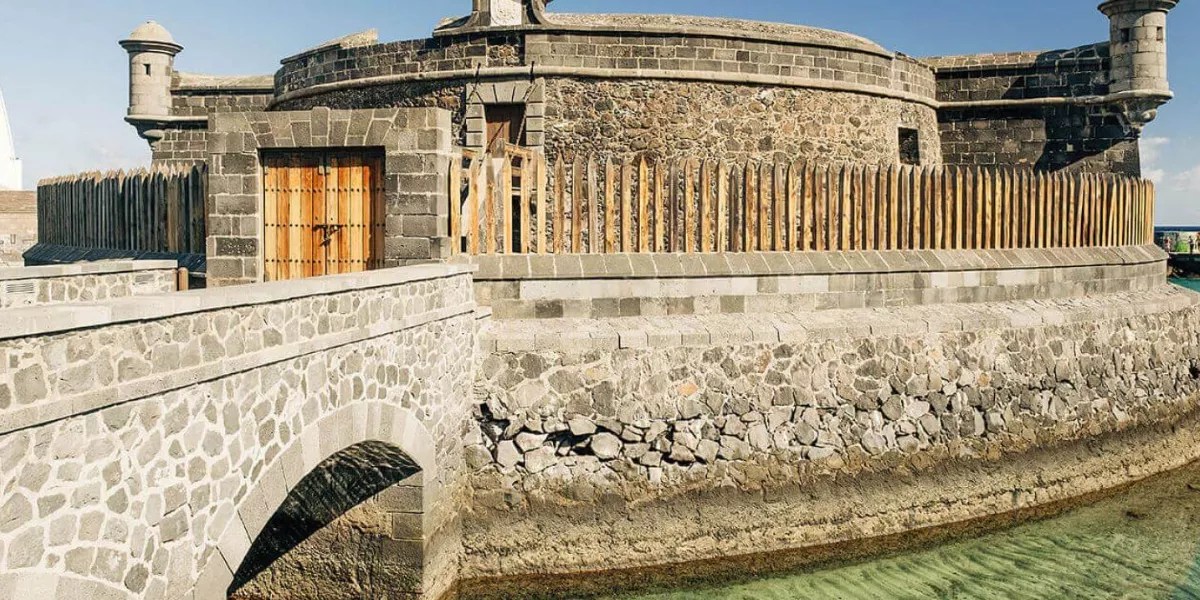On 12th August 2026, an unprecedented astronomical event will occur for the first time in over a century: a total solar eclipse visible in parts of Spain, the first of its kind since 1905.
Although the Canary Islands will not be within the “path of totality”—the areas where the Sun will be completely obscured by the Moon—the Archipelago will experience a partial eclipse of great magnitude, with more than 70% of the solar disc covered in many areas.
How will it be seen from the Canary Islands?
According to the specialist portal Time and Date, the visibility of the eclipse in the Canary Islands will be particularly notable in islands such as Gran Canaria, Tenerife, or La Palma, where the partial eclipse is expected to reach a magnitude close to 0.75, equating to a 75% solar coverage.
The phenomenon will occur shortly before sunset, enhancing the spectacle. The Sun will be setting on the horizon as the Moon begins to cover it, creating a dimmed light with reddish twilight tones, along with the dimness of the eclipse. In cities like Santa Cruz de Tenerife or Las Palmas de Gran Canaria, the event will reach its peak at around 20:17 local time, with the entire phenomenon lasting over an hour.
A unique phenomenon not to be repeated soon
The eclipse of 2026 will be the first total eclipse visible from Spanish soil in 121 years. In the Canary Islands, although totality will not be reached, the magnitude will be much greater than in previous partial solar eclipses. And the best part: there will be another opportunity the following year, as on 2nd August 2027 another total eclipse will occur, whose path of darkness will pass through the southern Peninsula and northern Africa, although in the Canary Islands, it will be less deep than the 2026 one.
These types of phenomena are particularly valued by the scientific, educational, and tourism communities. Institutions like the Instituto de Astrofísica de Canarias (IAC) have already anticipated that such events can become a key outreach tool and a top-level astronomical tourist attraction for the Archipelago.
Approximate schedule of the eclipse in the Canary Islands (12th August 2026)
- Start of the partial eclipse: 19:14 local time (approx)
- Maximum eclipse: 20:17
- End of the eclipse: 21:13 (with the Sun almost on the horizon)

Precautions and recommendations
Although the total eclipse will only be visible in the north of the Peninsula and the Balearic Islands, it will be clearly visible from the Canary Islands if weather conditions permit. However, one should never look directly at the Sun without proper protection, not even during a partial eclipse. Solar glasses must be ISO 12312-2 certified.
Experts also recommend the use of telescopes with solar filters or indirect projections for those wishing to capture the phenomenon with optical devices.















